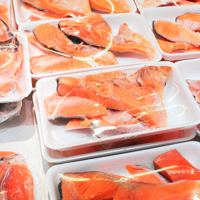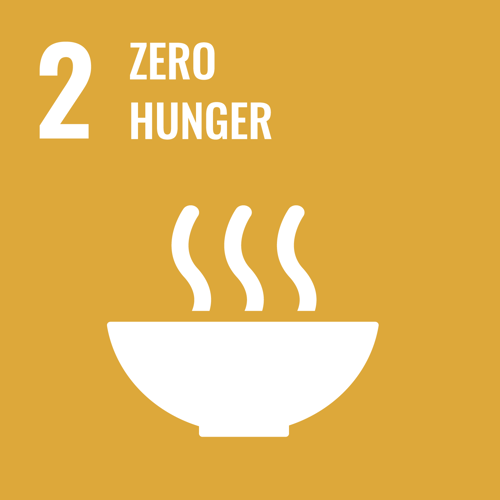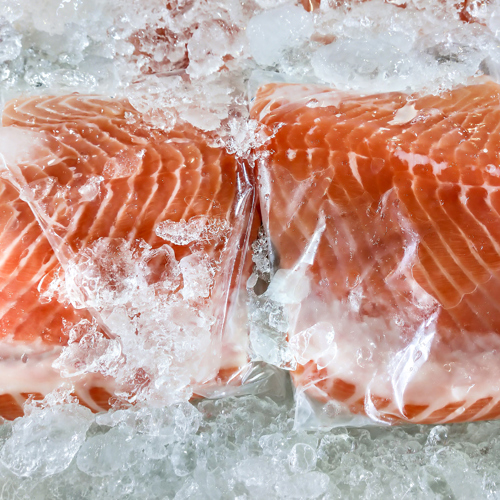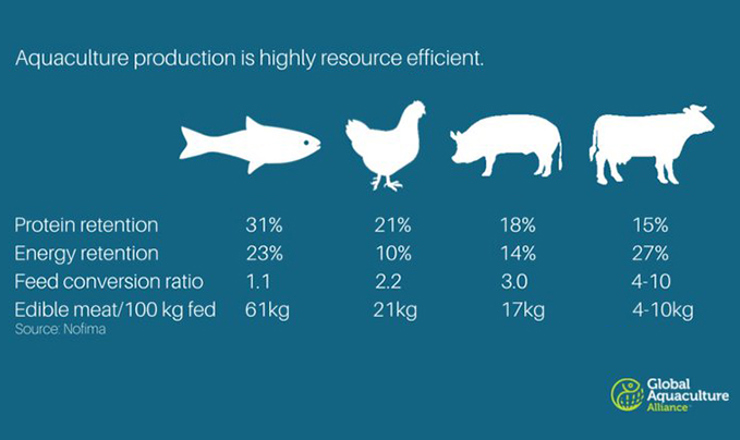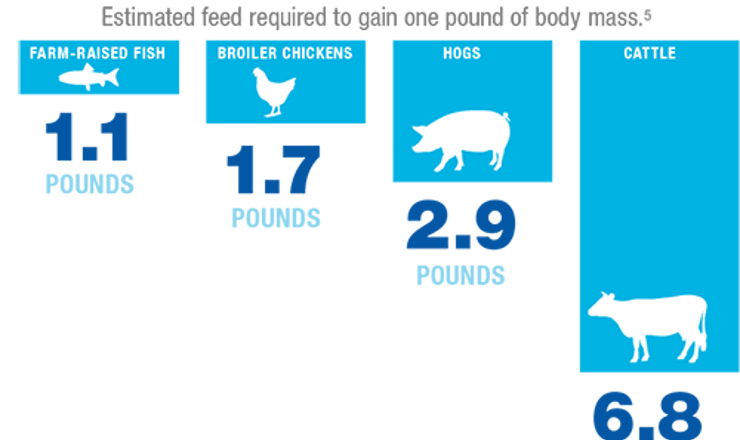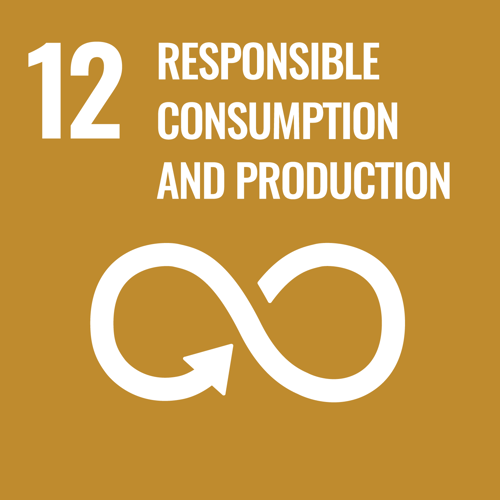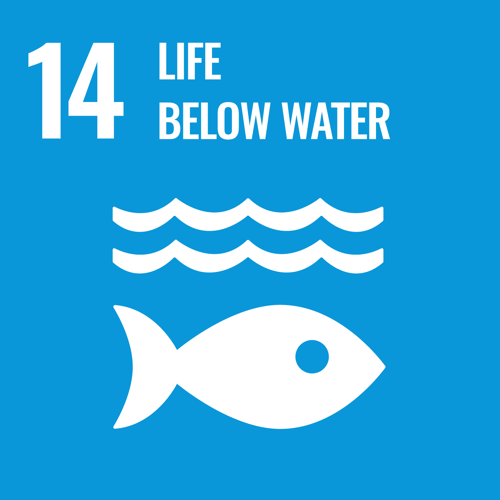It is time to rethink how we grow, share and consume our food
Right now several factors are challenging our existence.
- An increasing population growth - 11,200,000,000 billion people by 2100
- Our soils, freshwater, oceans, forests and biodiversity are being rapidly degraded
- Climate change is putting even more pressure on the resources we depend on

